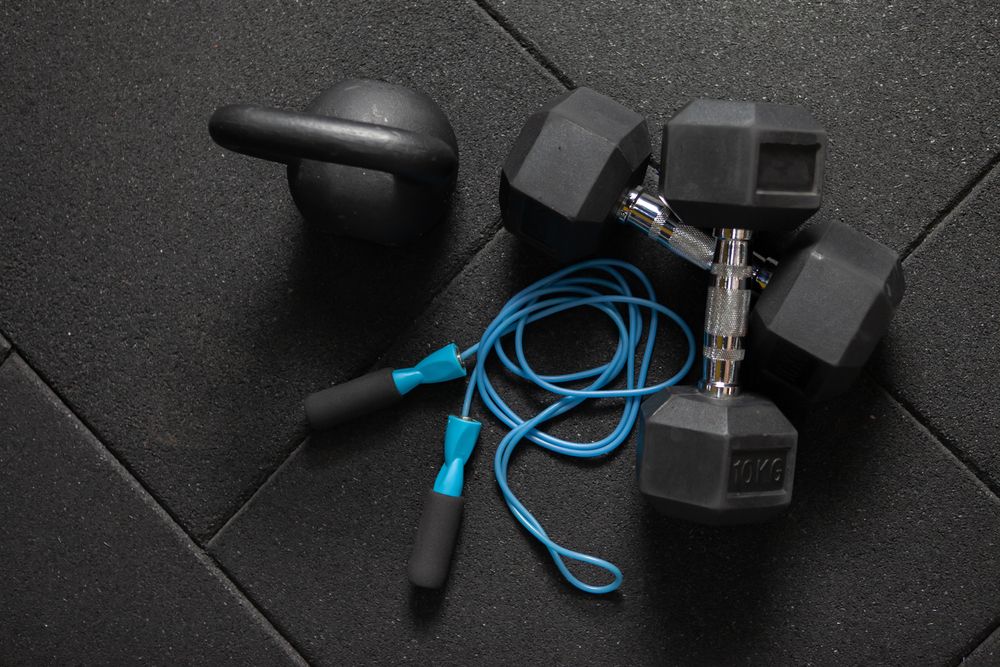Managing grocery expenses is essential for staying within your overall budget. A well-planned grocery budget ensures you meet your nutritional needs without overspending. Whether you're shopping for one person or a family, here are the steps to create a monthly grocery budget that works for you.
Assess Your Current Grocery Spending
Before setting a new grocery budget, it’s helpful to understand your current spending habits.
How to Track Your Spending:
- Review your bank statements or receipts from the last few months.
- Use expense tracking apps like Mint or YNAB to categorize food purchases.
- Separate grocery costs from dining out expenses to get a clear picture.
Knowing how much you currently spend will help you set a realistic budget.
Determine Your Monthly Grocery Budget
A common rule of thumb is to allocate 10-15% of your monthly income to groceries. However, the right amount will depend on your household size, income, and dietary preferences.
Consider the Following Factors:
- Household size: Larger families will naturally spend more.
- Dietary needs: Special diets (e.g., gluten-free, vegan) may increase grocery costs.
- Location: Grocery prices vary depending on where you live.
- Frequency of dining out: If you eat out frequently, you may need a lower grocery budget.
Set a realistic monthly amount that covers your needs without creating financial stress.
Plan Your Meals and Make a Shopping List
Meal planning is an effective way to reduce grocery expenses and minimize waste.
How to Plan Meals on a Budget:
- Create a weekly meal plan based on what you already have in your pantry.
- Incorporate seasonal produce and sales into your meal plan.
- Make simple recipes that use similar ingredients to reduce costs.
- Plan for at least one meatless day each week to save on protein expenses.
Once your meals are planned, make a detailed shopping list and stick to it.
Use Cash or a Prepaid Card
One of the most effective ways to stay on budget is to use cash or a prepaid card for groceries.
Why It Works:
- Psychological effect: You’re more conscious of spending when using physical cash.
- Prepaid card limits: Helps you avoid overspending by setting a maximum amount.
- Track your balance: Easily monitor how much you’ve spent throughout the month.
Using cash or a card forces you to be mindful of your purchases.
Shop Smart by Comparing Prices
Comparing prices between stores helps you find the best deals on groceries.
Tips for Price Comparison:
- Use store apps to check prices before heading out.
- Compare prices for store-brand vs. name-brand products—store brands are often just as good.
- Look for bulk discounts at warehouse clubs like Costco or Sam’s Club.
- Consider discount grocers like Aldi or Lidl, which offer lower prices on essentials.
Shopping at the right stores helps you maximize your budget.
Use Coupons and Loyalty Programs
Coupons and loyalty programs can help you save on groceries without sacrificing quality.
Where to Find Coupons:
- RetailMeNot or Honey apps for digital coupons.
- Store flyers and weekly circulars for in-store promotions.
- Manufacturer websites often offer coupons for specific products.
Best Loyalty Programs:
- Kroger, Safeway, and Albertsons: Offer points that translate into savings.
- Target Circle: Provides discounts and cashback on groceries.
- Walmart+ includes free delivery and exclusive savings.
Using coupons and rewards ensures you get the most value for your money.

Stick to a Grocery Schedule
Avoid multiple trips to the store by setting a regular grocery shopping schedule.
How to Create a Schedule:
- Shop once a week to reduce impulse purchases.
- Plan for one bulk shopping trip each month for non-perishable items.
- Make a mid-month trip for fresh produce if needed.
Sticking to a schedule ensures you buy only what you need, preventing overbuying.
Monitor and Adjust Your Budget
Once you’ve implemented your grocery budget, track your spending to ensure it’s working.
How to Monitor Spending:
- Use a spreadsheet or budgeting app to log your purchases.
- Review your spending at the end of each week to see if you’re on track.
- Adjust your budget if necessary, based on your actual expenses and savings goals.
Regularly monitoring your budget helps you stay on track and make improvements.
Minimize Food Waste
Food waste is a common budget buster. Reducing waste allows you to stretch your grocery dollars further.
How to Reduce Food Waste:
- Store perishable items properly to extend their shelf life.
- Use leftovers creatively in new meals (e.g., soups, casseroles).
- Freeze unused portions to prevent spoilage.
- Rotate pantry items so that older products are used first.
By minimizing waste, you get the most out of every dollar spent.
Build an Emergency Grocery Fund
Unexpected expenses, such as a higher-than-usual grocery bill, can throw your budget off track. Having an emergency grocery fund ensures you’re prepared.
How to Build Your Fund:
- Set aside a small amount (e.g., $20-$30 per month) for emergencies.
- Use your fund only when absolutely necessary, such as for unexpected guests or higher prices.
An emergency fund keeps you from going over budget.
Prepare for Inflation and Price Fluctuations
Grocery prices fluctuate, especially during inflationary periods or supply shortages.
How to Stay Prepared:
- Stock up on non-perishable items when prices are low.
- Use price tracking apps to buy items at their lowest prices.
- Be flexible with your meal plan to substitute ingredients based on availability.
Staying adaptable ensures that price fluctuations don’t derail your budget.
Creating a monthly grocery budget that works requires planning, smart shopping, and regular tracking. Start by assessing your current spending and setting a realistic budget. Plan meals in advance, compare prices, and use coupons to save money. Stick to a grocery schedule, minimize waste, and monitor your progress throughout the month.
By following these steps, you’ll gain control over your grocery spending, reduce waste, and free up money for other financial goals. A well-planned budget not only ensures your family’s nutritional needs are met but also helps you stay financially stable.





